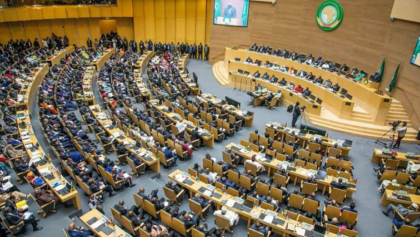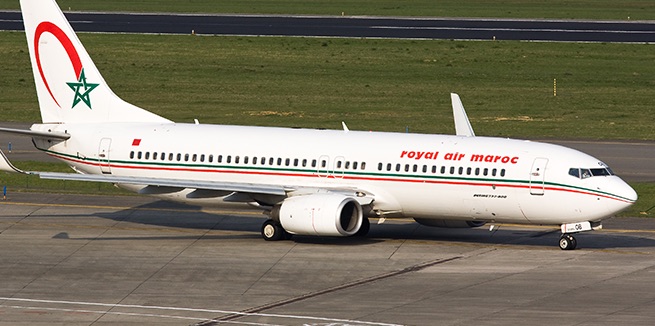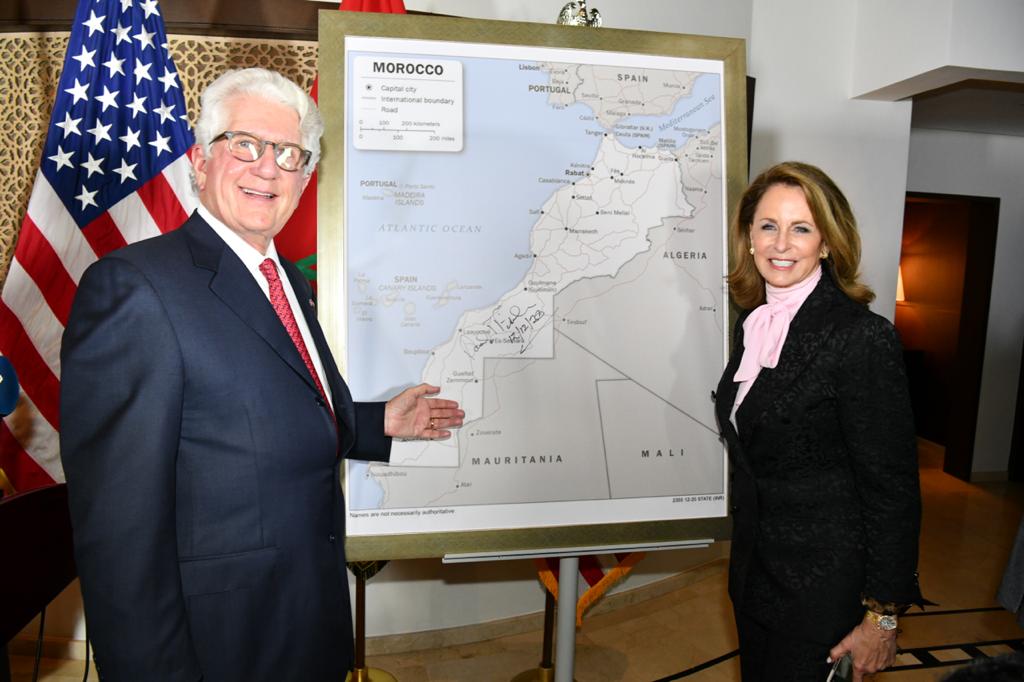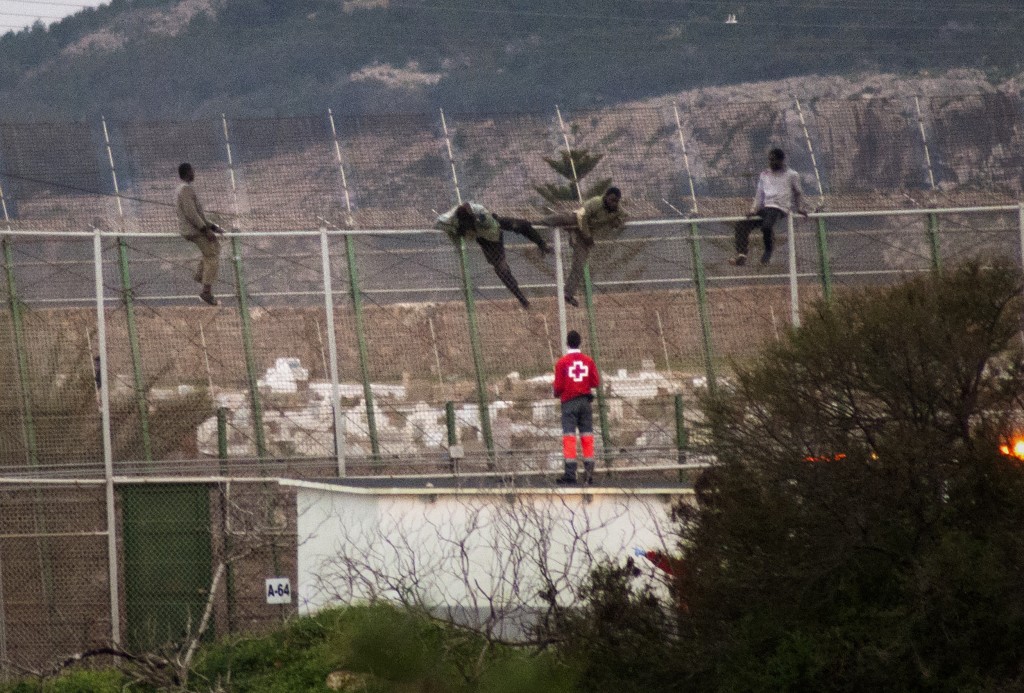 The days of the Polisario in the African Union are numbered. Reports abound of an imminent resolution demanding the freeze of the membership of the Algeria-backed militia which lacks all attributes of a state.
The days of the Polisario in the African Union are numbered. Reports abound of an imminent resolution demanding the freeze of the membership of the Algeria-backed militia which lacks all attributes of a state.
The Polisario was introduced as a full member into the predecessor of the African Union, the Organization of African Unity, in 1984 at a cold war context using oil money. Morocco left the organization in reaction while focusing on fostering bilateral ties with different African friendly states.
Since then, Algeria used the comfort of not having Morocco’s voice to pass resolutions serving the separatist cause going as far as using the most important body in the African organization, the Peace and Security Council, to serve Algiers hegemonic agenda under the cover of supporting Polisario’s separatism.
But the winds of change have blown on the African Union with the triumphal return of Morocco in 2017. Since then, Rabat managed step by step to correct the bias of the organization and make its voice heard to the disappointment of Algeria and the few remaining countries rallying behind its agenda to unsettle Morocco through the Polisario militias.
Morocco’s presence within the continental organization served as a bulwark against separatist plots and together with its numerous friends managed to push the African Union to recognize that the Sahara peace process is an exclusive domaine of the UN, barring thus the road for Algiers as it seeks to pressure the African Union into a mediation role.
The African Union cannot simply mediate on the Sahara issue because by having the Polisario as a member, it has prejudged the outcome of the peace talk process which stresses the preeminence of the Moroccan autonomy initiative.
It is worth mentioning that prior to Morocco’s return to the African Union, 28 countries submitted a motion calling for a freeze of Polisario’s membership.
The withdrawal of the Polisario requires a resolution with two-thirds of votes. Now that vote seems at hand for Morocco which has fostered ties with countries from all corners with Africa.
Building on a pro-active foreign policy and multi-layered cooperation based on a solidarity-oriented approach and win-win projects, Morocco stands in stark contrast to the cash hand out policy adopted by Algeria and formerly by Gaddafi’s Libya to buy support in the continent.
Not only in African where Morocco’s faithful supporters are located, the sands globally are shifting in favor of Morocco’s autonomy initiative.
The recent recognition by the US of Morocco’s sovereignty over the Sahara and its support for autonomy as only political solution to the dispute and the opening by 20 African and Arab states of consulates in the Sahara indicate that an inflection point to put an end to attempts to undermine Morocco’s territorial integrity.
Last week, 40 countries from across the world reiterated the relevance of the autonomy initiative as the only solution to the Sahara issue.
Meanwhile in Africa, the clashes in Ethiopia show the danger posed by separatists to regional peace and security.
The membership of the Polisario within the African Union stands as an aberration that prejudged the outcome of negotiations in total disregard for the UN process and for Morocco’s historical rights as a country that was divided by two colonial powers.


